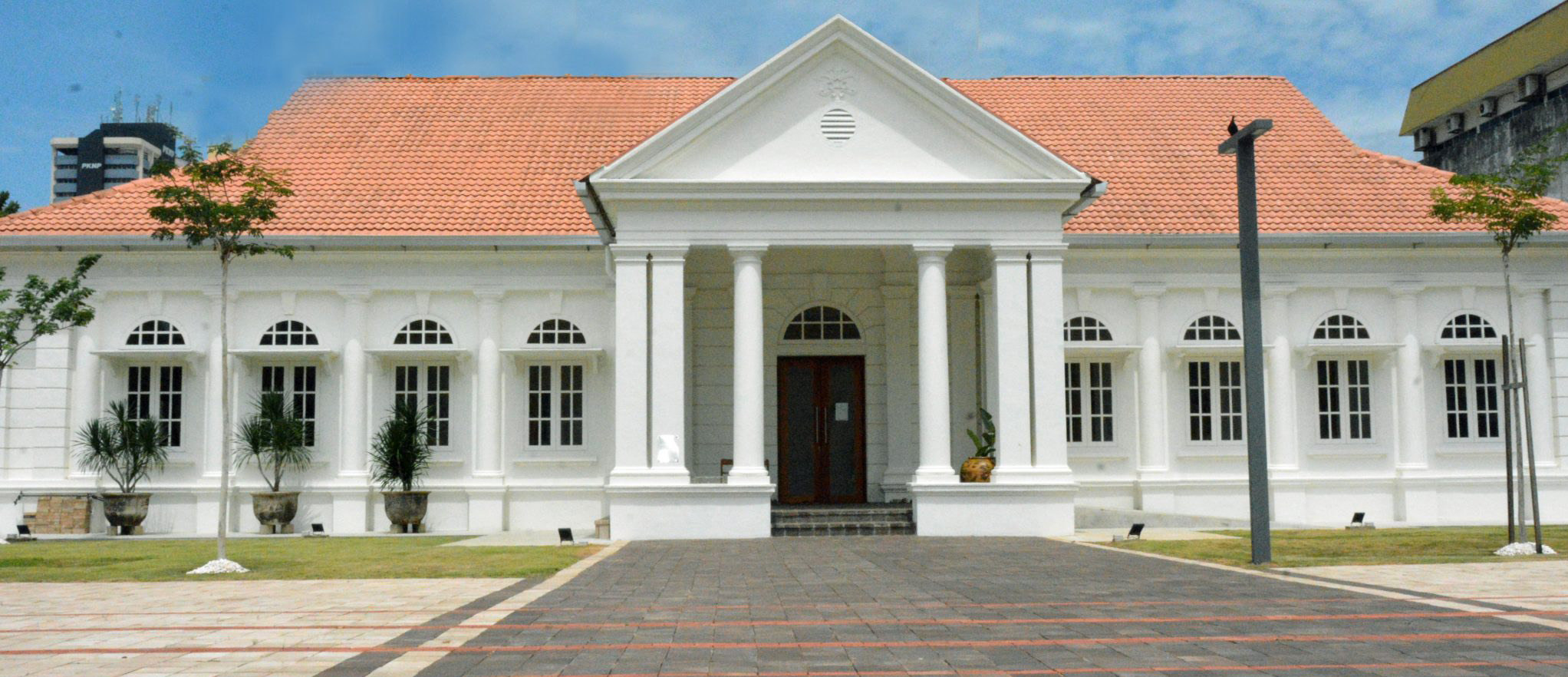Monarchies 1000-2000 / W.M. Spellman
Publication details: London Reaktion Books 2012Description: 312pISBN: 9781780230504Subject(s): MonarchyDDC classification: 321.6 Summary: Monarchies 1000 –2000 surveys a form of government whose legitimacy rests not on voluntary consensus but on age-old custom, heredity and/or religious sanction. Global in scope and comparative in approach, W. M. Spellman's survey establishes connections between monarchy as idea and practice in a variety of historical and cultural contexts across a millennium when the system was without serious rival. Spellman examines the intellectual assumptions behind different models of monarchy, tracing the ways in which each of these assumptions shifted in response to historical factors. While no human institution has retreated as rapidly in the modern period, monarchy's remarkable longevity invites us to weigh the significance of hierarchy, subordination and dependence as constants of the human experience.| Item type | Current library | Call number | Status | Date due | Barcode |
|---|---|---|---|---|---|
 Books
Books
|
Annexe Office Annexe | 321.6 (Browse shelf (Opens below)) | Available | 2025-0265 |
Browsing Perbadanan Muzium Negeri Pahang shelves, Shelving location: Annexe Close shelf browser (Hides shelf browser)

|

|

|

|

|

|

|
||
| 320.95109/02 Kingship in Early Medieval China / | 320.95109/02 Kingship in Early Medieval China / | 320.96209022 The Sword of Ambition: Bureaucratic Rivalry in Medieval Egypt / | 321.6 Monarchies 1000-2000 / | 321.6/0959 Monarchy in South East Asia: The Faces of Tradition in Transition / | 321.609 The Routledge History of Monarchy / | 321.609450902 Roman Monarchy and the Renaissance Prince / |
Monarchies 1000 –2000 surveys a form of government whose legitimacy rests not on voluntary consensus but on age-old custom, heredity and/or religious sanction. Global in scope and comparative in approach, W. M. Spellman's survey establishes connections between monarchy as idea and practice in a variety of historical and cultural contexts across a millennium when the system was without serious rival.
Spellman examines the intellectual assumptions behind different models of monarchy, tracing the ways in which each of these assumptions shifted in response to historical factors. While no human institution has retreated as rapidly in the modern period, monarchy's remarkable longevity invites us to weigh the significance of hierarchy, subordination and dependence as constants of the human experience.


There are no comments on this title.